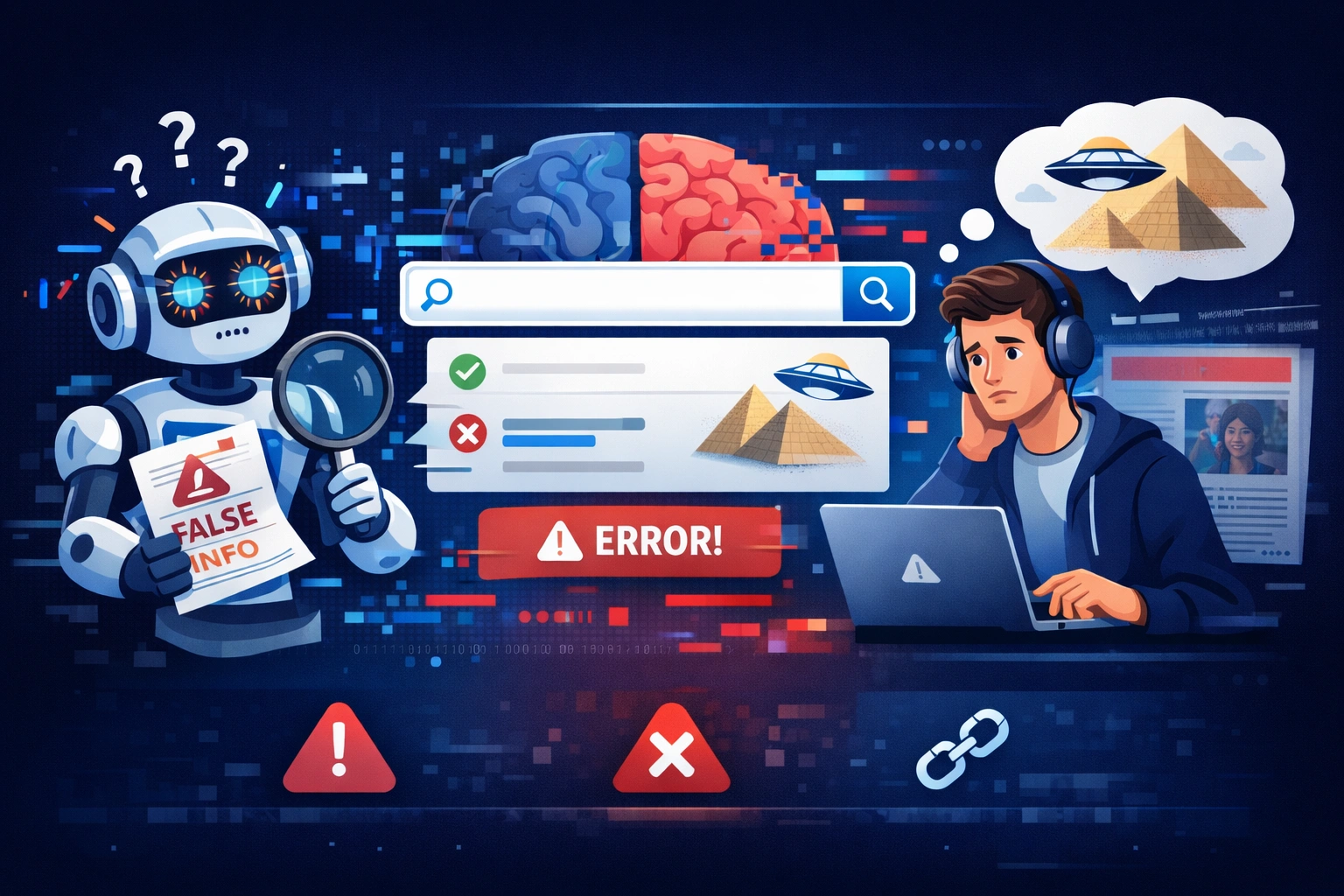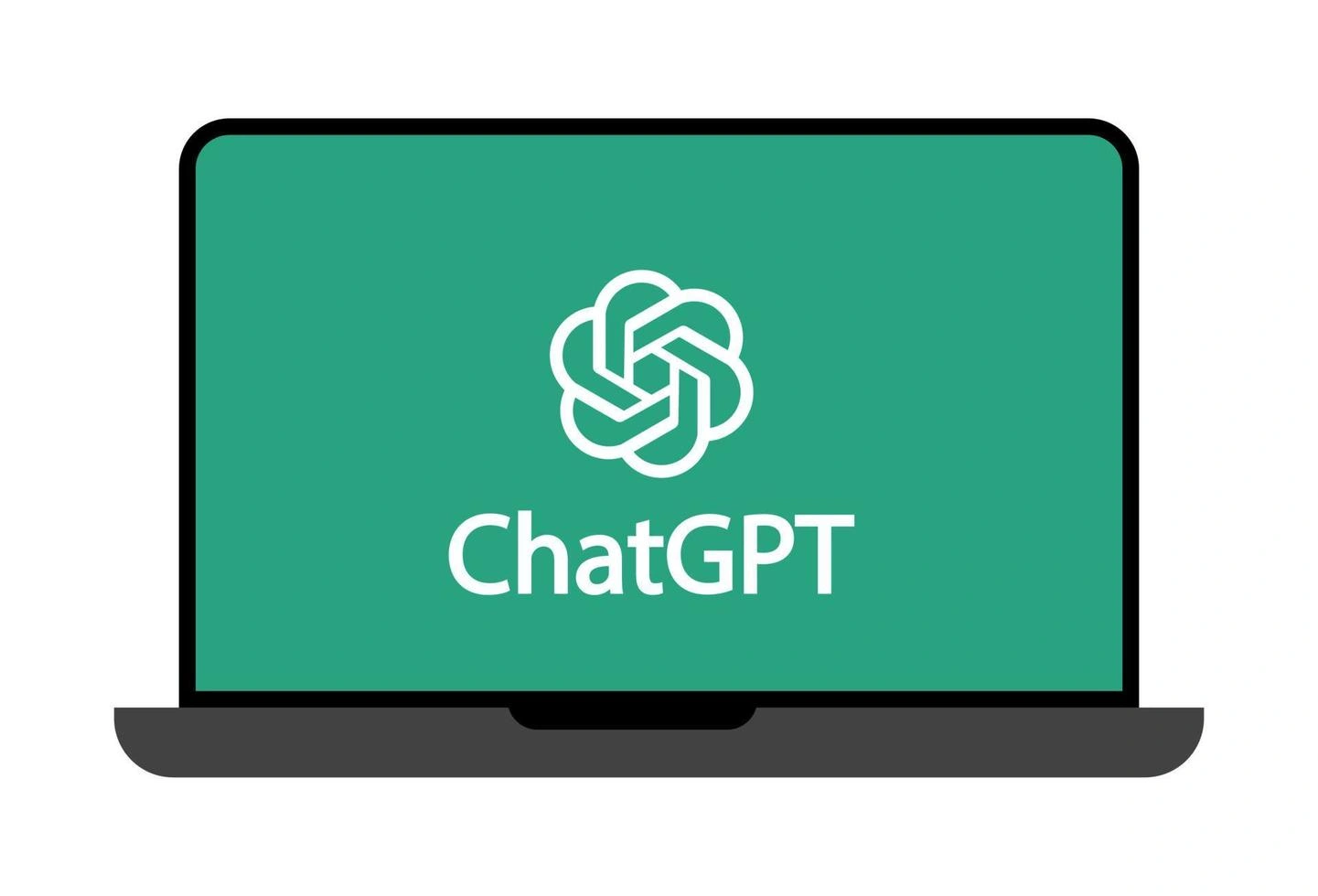Schema Markup for SEO & AI (2026) - Don’t Get Left Behind

Still haven’t implemented schema markup? You’re already behind.
Structured data is now one of the most important SEO signals - not just for Google, but for AI systems like ChatGPT, Perplexity, and Gemini that decide what to summarise and who to trust.
As Search Engine Land reports, websites with complete schema coverage are 3× more likely to appear in AI Overviews than those without. Yet most UK businesses still rely on half-filled templates or outdated plugins.
If your site doesn’t “speak schema”, Google - and AI - will simply quote your competitors.
What Schema Markup Actually Is (and Why It’s Changed in 2026)
Schema markup is structured data code that tells search engines what your content means, not just what it says. It labels your pages with context: who you are, what you offer, where you’re based, what reviews you have, and more.
In 2026, schema isn’t just about rich snippets - it’s the foundation for AI readability. AI models use this data to verify facts, connect entities, and build trustworthy search summaries.
📚 Reference: Google Structured Data Documentation
Why Schema Now Drives AI SEO
- AI Overviews favour structured sources. Schema helps AI engines extract answers directly from your site.
- E-E-A-T recognition: Schema links your business, authors, and credentials - vital for YMYL sectors like legal, finance, and healthcare.
- Enhanced discoverability: Schema ensures your services appear in voice, local, and AI searches.
- Reduced ambiguity: It allows Google and ChatGPT to identify you accurately, thereby reducing the risk of misinformation.
👉 Request a Structured Data Audit
Core Types of Schema Markup (and How to Use Each)
To future-proof your SEO, you need multiple schema layers. Here’s how each one works - and how it feeds AI engines.
1. Organisation Schema
Defines your business identity. Add name, logo, contact, founding date, and sameAs links (LinkedIn, Crunchbase, etc.).
Insight: Organisation schema is the cornerstone of entity SEO - if Google can’t confirm who you are, it won’t trust what you publish.
2. Local Business Schema
Perfect for location-based searches and Google Business Profile synergy. Include address, geo-coordinates, reviews, and opening hours.
Why AI cares: Local schema is used by Google Maps, voice assistants, and AI Overviews to recommend verified providers.
👉 Explore our Local SEO Services
3. Person / Author Schema
Links real experts to your content. Add credentials, bio, job title, and social profiles.
AI Value: Authorship improves E-E-A-T and helps LLMs attribute expertise.
4. Service Schema
Showcases your key offerings (e.g., “SEO Agency Cardiff”, “AI SEO Services”). Add service type, description, area served, and provider.
This schema helps you rank for intent-driven queries like “AI SEO agency UK” or “eCommerce SEO expert London”.
5. Product Schema
For eCommerce or SaaS - includes SKU, price, availability, and reviews.
Tip: Keep data synced with your CMS or feed.

6. FAQ Schema
Transforms content into clickable results and voice answers.
Best practice: Limit to 2-3 FAQs per page for Google’s current rich result threshold.
Bonus: These same FAQs feed AI Overviews and voice search summaries.
7. Article / Blog Schema
For every post, define the headline, author, date, and publisher. Enhances credibility and supports AI source validation.
8. Review Schema
Displays aggregate ratings. Ensure reviews are first-party and compliant with Google’s product review update.
9. Event Schema
Ideal for webinars, launches, or trade shows. AI systems like Gemini use an event schema to populate upcoming event cards.
10. Breadcrumb Schema
Improves navigation clarity and indexing hierarchy.
Building Your AI-Ready Schema Roadmap (30-60-90 Days)
If schema feels overwhelming, treat it like a technical rollout - not a plugin checkbox.
Insight: Schema isn’t “set and forget.” AI search engines regularly retrain, so validating every quarter keeps your brand visible, consistent, and credible in AI summaries.
Here’s our proven roadmap for implementation.
👉 Request an AI SEO Audit
Common Schema Mistakes
Schema markup can make or break your SEO visibility. Yet, in audits we’ve run across 100+ client sites, nearly 70% contained schema errors that prevented Google and AI systems from reading their structured data correctly.
Before implementing new markup, it’s essential to understand the most frequent issues - and how to fix them.
The table below outlines the top five schema mistakes, what causes them, and the precise fix needed to regain full visibility.
The AI Connection: Why Schema Is the New SEO Baseline
Search is becoming a data ecosystem — not just an index. AI doesn’t crawl “pages”; it consumes structured context. Schema is what lets you feed that context directly.
Without it, your content might be correct but invisible.
👉 Explore AI SEO Services
FAQs — Everything You Should Know About Schema in 2026
Do I still need schema markup in 2026?
Absolutely. It’s now essential for both SEO rankings and AI search inclusion.
Does schema directly improve rankings?
Indirectly. It improves how search engines interpret and display your content.
What schema helps with AI visibility the most?
Organisation, Person, Service, and FAQ schema - these define identity and expertise.
Is schema the same as metadata?
No - metadata describes a page; schema describes meaning.
Can AI tools like ChatGPT read schema?
Yes. AI crawlers extract and use structured data to verify sources.
How often should I update my schema?
Every 3–6 months, or after any service/structure change.
Do I need schema for every page?
Ideally yes, but prioritise high-value and high-traffic pages first.
What happens if my schema is invalid?
It’s ignored - or worse, it can block other markup from being read.
What validator should I use?
Schema.org Validator or Google’s Rich Results Test.
Can I use multiple schema types on one page?
Yes, as long as they’re nested properly (e.g. Person inside Article).
How does schema support YMYL compliance?
It verifies authors, expertise, and sources - all key E-E-A-T factors.
What’s next for schema in 2026?
Expect “AI schema extensions” designed to feed LLMs directly - early adopters will benefit first.
Final Word
Schema isn’t just for rich results anymore - it’s the language that search engines and AI use to understand your brand. The businesses that get structured data right now will be the ones that dominate search, voice, and AI visibility next year.
👉 Explore Our SEO Services
References:
https://cloud.google.com/ai/llms
https://developers.google.com/search/blog/2022/03/product-review-ranking-one-year-on
https://developers.google.com/search/docs/appearance/ranking-systems-guide
https://developers.google.com/search/docs/appearance/structured-data/intro-structured-data
https://search.google.com/test/rich-results
https://www.searchenginejournal.com/google-e-e-a-t-how-to-demonstrate-first-hand-experience/474446/
https://searchengineland.com/schema-ai-overviews-structured-data-visibility-462353
.avif)








